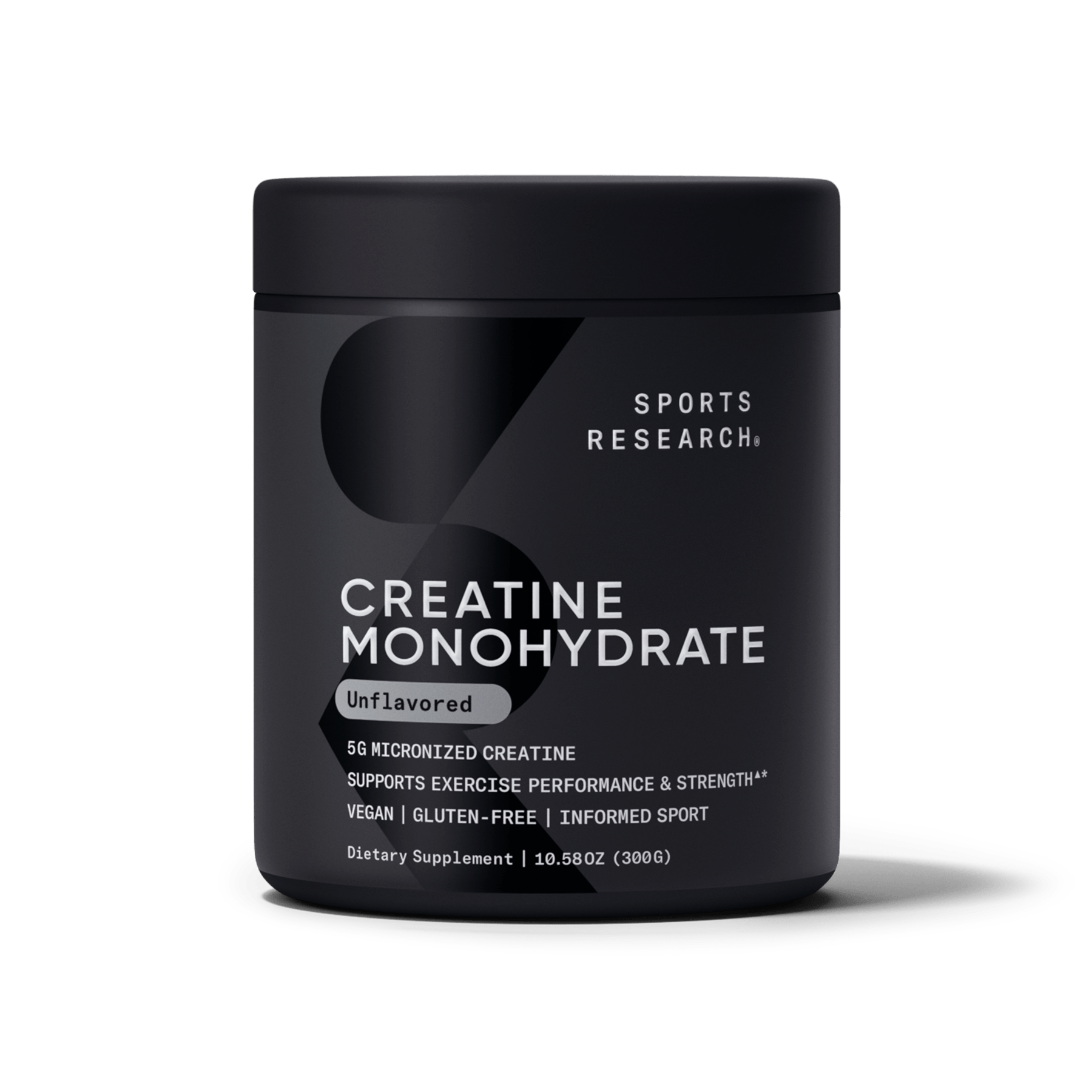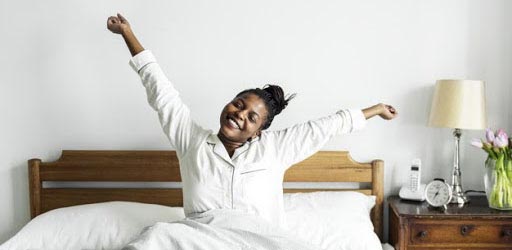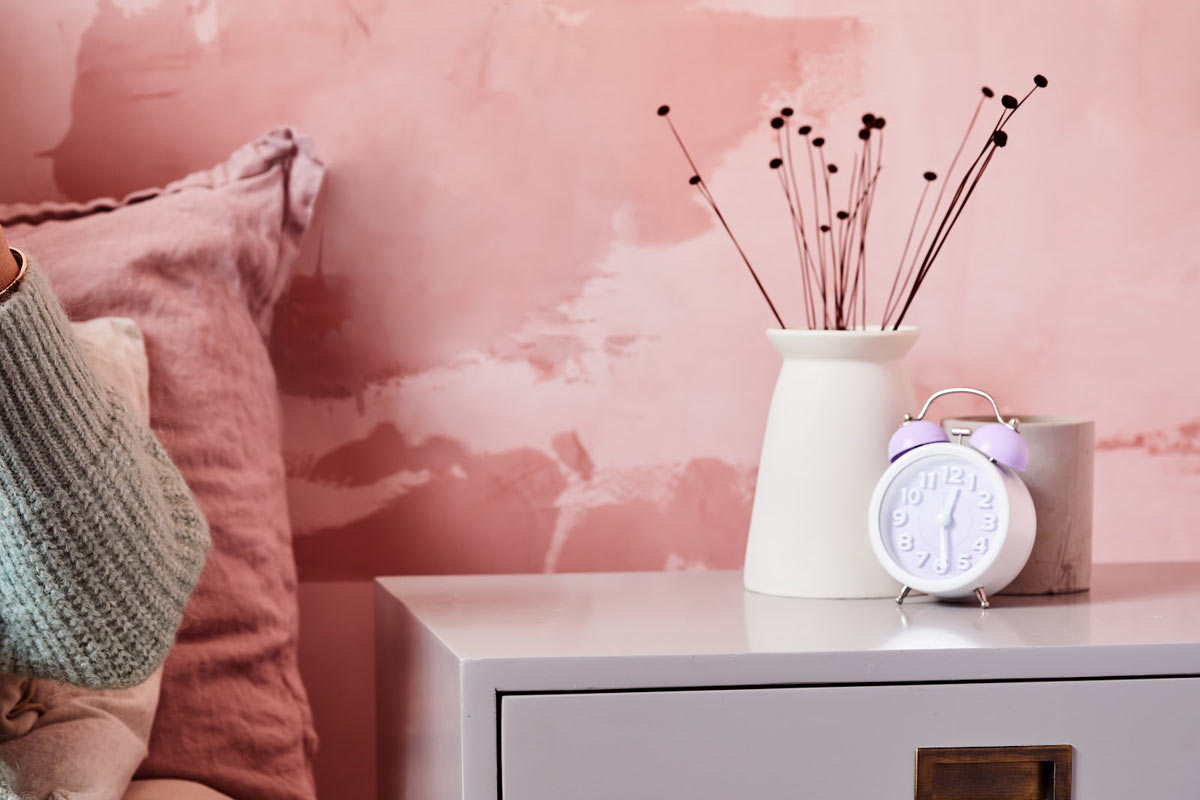Sound the alarm. Daylight Saving Time is upon us.
Sunny evenings can make outdoor evenings more enjoyable, but there’s also a downside to that late light: It can interrupt our sleep pattern. Pandemic-related stress and routine modifications are also disrupting sleep.
In fact, 95% of people have developed new sleep problems since the lockdown. The key to help establish a normal sleep pattern is healthy circadian rhythms. When you spring your clocks forward, be sure you’re also balancing your internal clock. Here’s how you can reset your snooze in just 5 simple steps.

Rituals improve bodily processes you don’t have direct conscious control over—like circadian rhythms. Set a recurring alarm that goes off exactly one hour before your bedtime. When you hear that alarm, it’s time to begin your winddown ritual. Turn off all screens, put your phone on silent or airplane mode, brush your teeth, and take any evening supplements like melatonin. Tying multiple rituals together makes them even more effective. Enhance your ritual by creating your own “Hit the Sack” pack with your favorite pillow spray, sleep mask, or white noise machine. Over time, your brain pairs these sensory experiences with sleep.

As darkness signals our bodies to begin the production of melatonin while light tells us to reduce melatonin levels so we can wake up, the light shifts of Daylight Saving Time and not to mention the artificial light from devices can reduce natural melatonin production. Consider taking a melatonin supplement like Natrol Melatonin–to help establish normal sleep patterns.†
I always recommend Natrol melatonin. They have different delivery systems for different sleep concerns: Fast Dissolve, Gummies or Time Release to fall asleep faster and stay asleep longer, or 3 a.m. for middle-of-the-night wakeups.† It’s a natural and non-addictive way to enhance your sleep journey.

As you’re resetting your snooze, you may wind up reducing the amount of sleep for a few days in order to re-adjust your cycle and improve long-term sleep quality. When you find yourself lying in bed for more than 30 minutes, get out of bed and do some light activity–like reading under a dim light or meditation using your favorite app. Then, gently try to fall asleep again. Repeat if necessary. Most importantly, keep your wakeup time stable–even if that means you’re sleeping less than the ideal 7 to 9 hours tonight. This temporary reduction tonight will help you to get your sleep rhythms back on track tomorrow.

A gentle attitude is key here. When following these steps, remember to follow them in an easy and relaxed way. Sleep can be a paradox: The harder you try, the more elusive it feels. Thus, take this journey as it comes. Follow the steps outlined here. Have realistic expectations–not perfectionistic ones. It’s normal for it to take 20 minutes to fall asleep one night and just 5 minutes another. Be patient on your sleep health journey since it’s not a sprint; it’s a marathon. The long-term reset of your internal clock will help you feel better and better as the days and weeks go on.

When resetting your internal clock, most people focus on what’s happening at night—but what you’re doing at noon is just as important. Rejuvenate yourself with exercise. It’s as good for the brain as it is for the body, and even 10 minutes of activity can improve sleep quality.
As your internal clock permanently settles into healthy rhythms, say goodbye to the snooze button and hello to a sunnier you.





